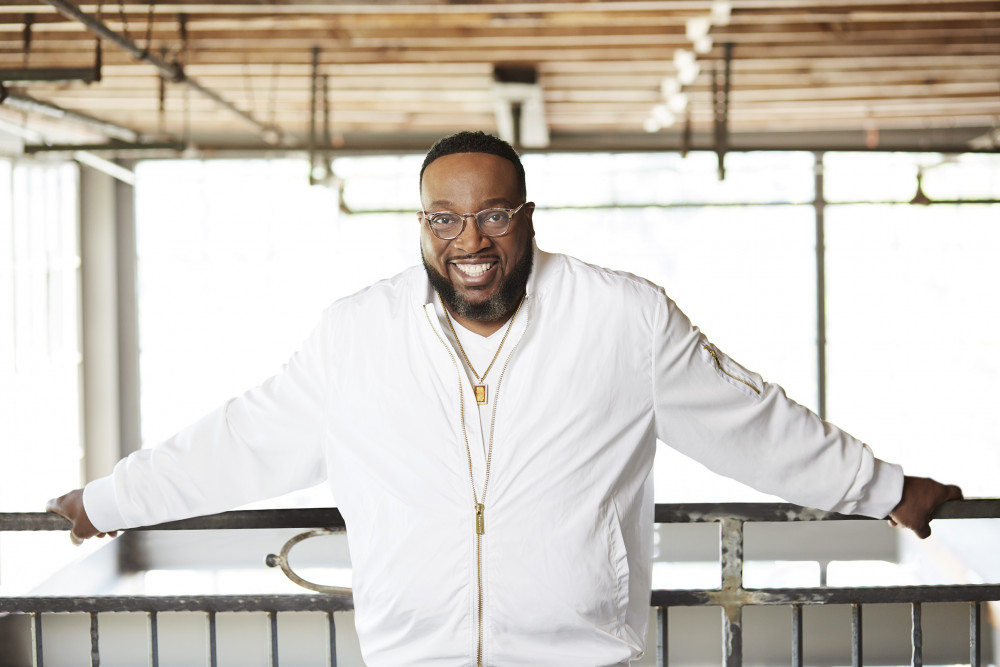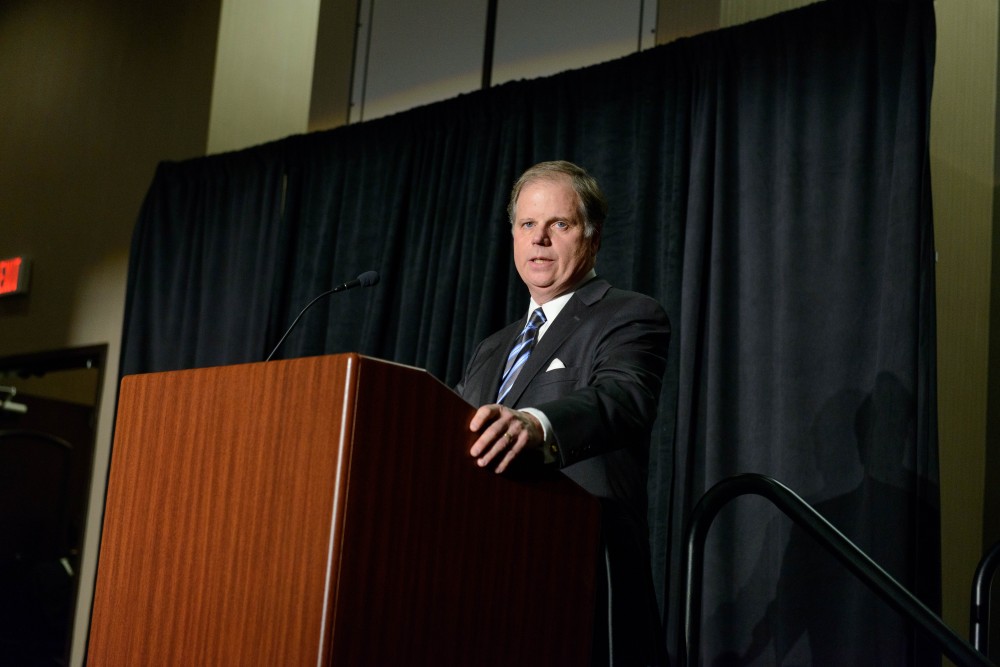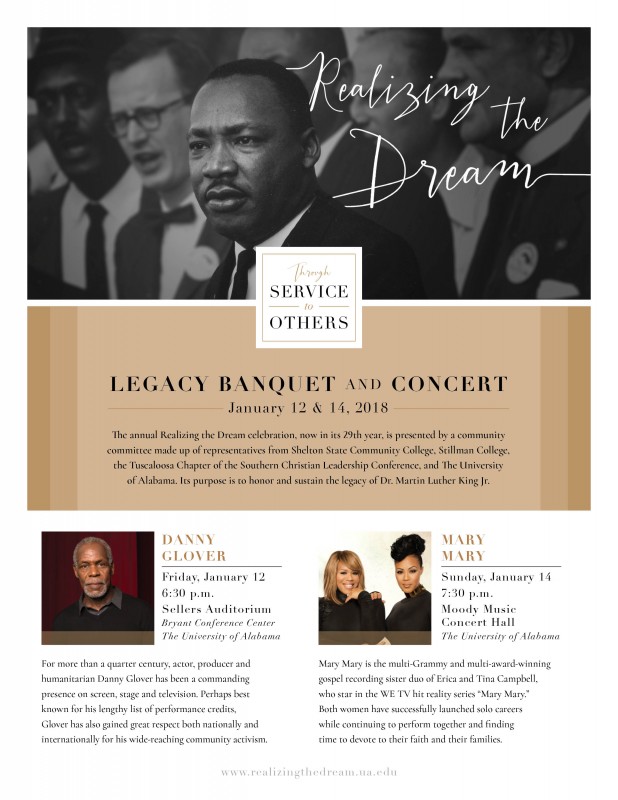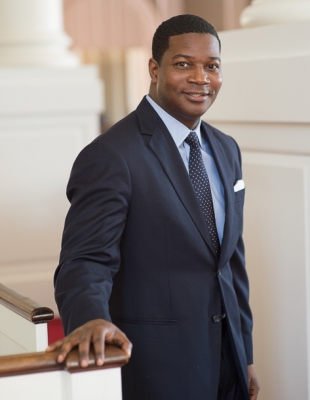Marvin Sapp Brings Songs of Inspiration to 30th Realizing the Dream Concert

astor Marvin Sapp, award-winning gospel singer and songwriter, brought his inspiring performance to the 2019 Realizing the Dream Concert January 20 in the Moody Music Concert Hall. This was the 30th annual concert as a part of the series to honor the life and legacy of Dr. Martin Luther King Jr. Student representatives J. Price…



